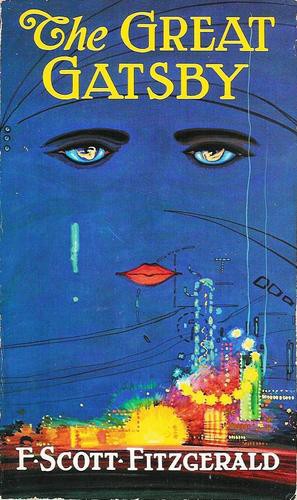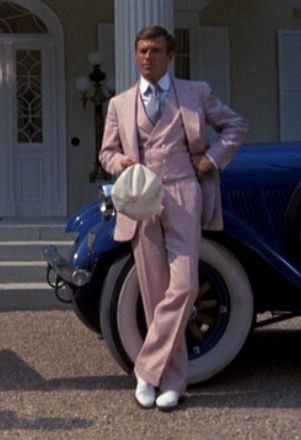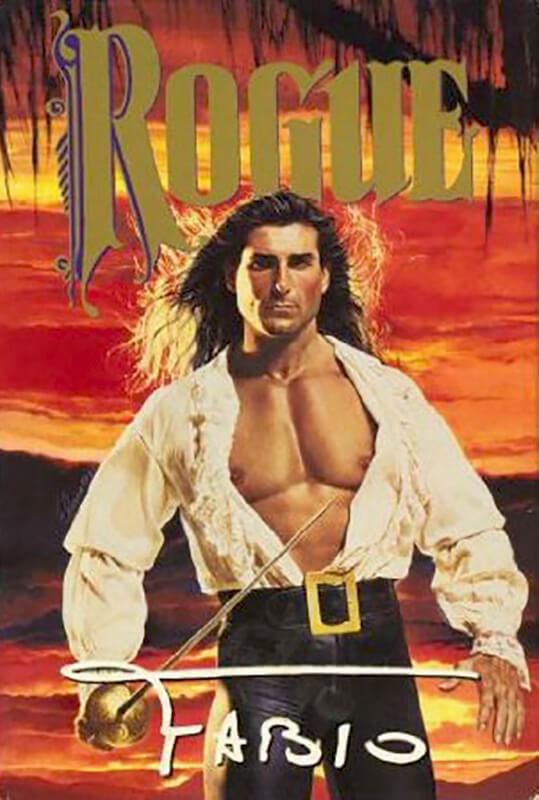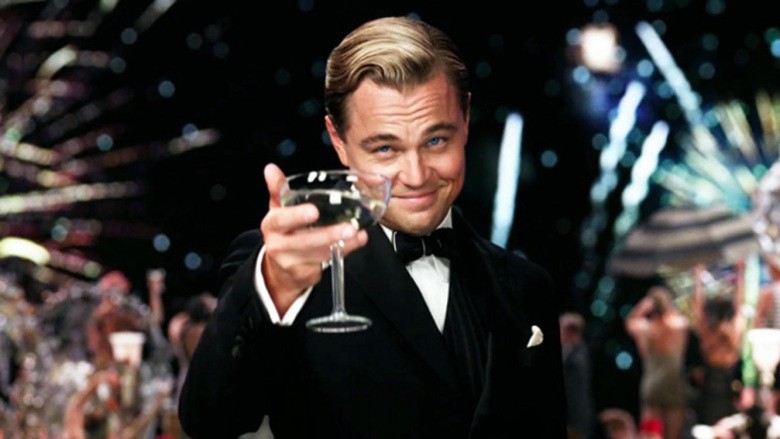
This one really is the ‘one’. You’ve visualized every little detail of your lifetime together: where you’ll eat, what memories you’ll make during your relationship, and how you’ll present yourselves to the world. You already have a list of romantic photos and amorous captions (#feeling blessed, am I right?) ready to adorn your Instagram of you both together. You’ve already pictured yourself walking down the aisle. Have you ever had this feeling?
By now, you might have a conjured up an image of that special someone in your mind’s eye. The way they toss their hair, their dazzling smile, their aphrodisiacal scent, and the glimmer in their eyes. Now that you have that image in your mind’s eye, I hate to be the one to shatter it. I’m not referring to a person. I am referring to college. Feel let down? Go back and re-read the paragraph above. Every single one of those things I mentioned probably applied to your (imagined) college experience as a high school senior. Indeed, this first week of April is when most high school seniors hear back about which of the many love letters they spend crafting and sending to various universities over the previous months were actually reciprocated.

College admissions are tough. Add in the pressures of social media, an overly romanticized college experience, colleges’ incessant marketing hype, the naivete of youth, and you have a recipe for a heartbreak. Then, there’s the constant comparison to others: what did she have that I didn’t have? Did they like her violin class more than my piano class? Yes, I’m writing this post for all your heartbroken seniors who were let down by your one and only this week. Hopefully, this post will put things in context.
Back in 2015, 18 year old Adi received the biggest blow of his little 18-year old lifetime. Well, actually 13 blows arriving minutes after each other beginning with the hackneyed “We regret to inform you…” , and 2 pats on the back that began with “Congratulations!” Like most people that age, the rejections stung more than the acceptances. I had applied to 15 schools, and was inexplicably rejected from 13 of them. Yet, of all the rejections, one hurt more than the rest: Yale.

In high school, I had read the Great Gatsby. Then, I watched Baz Luhrmann’s 2013 remake, starring Leonardo diCaprio. Then, I spent most evenings reading trivia about the book, its author F. Scott Fitzgerald, and life in the Roaring Twenties. Prominent among the many themes in the movie, was the idealization of the “Yale man”: a refined, sophisticated gentleman who spent his evenings smoking cigars at New York City’s Yale Club, dressed in finely tailored pink suits, and discussing profound, worldly topics with similar dressed, equally accomplished gentlemen. If it wasn’t clear, a major prerequisite to become a “Yale man” was, well, to go to Yale. With that romanticization in mind, I decided that Yale would be my ‘dream school’. If Yale wouldn’t work out, then Penn or any other Ivy would be fine. The only criteria was that the school should have a fancy-shmancy private club in New York City, where I could indulge my fantasy.

As it turns out, I didn’t get into Yale, or Penn, (or any other Ivy). Not even Northwestern, which likes to think of itself as an Ivy, but actually isn’t. Instead, I got accepted to a big, public school, on the West Coast. And this was no where close to what I imagined my college experience to be like. Forget being surrounded by “refined, sophisticated gentlemen, in fine silk suites and bowler hats”, I would be surrounded by flip flop-sporting, shorts-wearing, backpack-toting, sloppily-dressed college students. Or worse, if I decided to pursue engineering (I did), then I would be surrounded by exceptionally inarticulate, un-showered, bad breathed, sleep-deprived engineers who spoke in monosyllables (I recall this becoming a campus meme). Reality had hit like a tsunami, and it wasn’t pleasant. I immediately started looking for ways to transfer out after spending the requisite two years at this school. I began my freshman year with a heavy heart, and spent most of it, consoling myself and rationalizing how this school was ‘actually pretty good’ .
Why am I telling you this story? Because, it highlights a really important message:
When we say that a certain school/company/person/location is our “dream school”, we are effectively indulging in extreme-romanticization that is divorced from reality.
What do I mean? Well, it’s the same dynamic involved in adolescent crushes, sometimes termed ‘puppy love’. One of the reasons why crushes are so hard to get over is that they’re imagined in the abstract (read “Allure of the Abstract” here). At a distance, we only see all the positives of the person, all their amazing qualities, their physical attractiveness, their lovely personality, etc. We fail to recognize that after all, the object of our affections is indeed a human after all. Yes, they have morning breath when they wake up; yes, they have the funky brown stuff under their eyes in the mornings, yes, they sometimes eat with their mouths open; yes, they have temper tantrums and anger flashes. The same will apply to your college experience no matter where you go: there will be days where you will feel utterly alone, wishing you had gone someplace else after yet another bad test result, and turned away from yet another internship application.

When I had imagined my college experience, I had engaged in a severe (almost delusional) form of fantasy. My concept of the “Yale Man” was as anachronistic as the electronic pager. There’s a reason why romance novels have a picture of an attractive (usually shirtless) man on their cover. There’s a reason why college admissions websites put up pictures of a smiling, cheerful, multiracial group of students studying together on a green, sunny lawn. There’s a reason why corporate recruiting departments put up unrealistic pictures of cheerful-looking, suit-wearing, employees staring pensively at a whiteboard full of sticky notes as they collectively imagine their next big solution to “change the world”.

College marketing departments (and romance novel publishers and corporate recruiting departments) realize that these images serve as initial seeds for our fecund imagination. We will literally imagine ourselves into a narrative involving what they’re selling.

In the end, my college experience turned out to be fantastic. The same was true for my graduate school experience. And, as I write this, I think back wistfully, of freshman “Adi”. Gone are the horrid recollections of spending a night of debugging some pesky code on my dandruff-ridden laptop, the crushing realization that my GPA had fallen for yet another semester, and not getting invited to parties with the ‘cool kids’. Instead, they are replaced with my memories of dancing salsa on airy California nights, falling asleep yet again in a class, reading books at a cozy café on weekends, that unbridled sense of optimism & possibilities that a new semester brings, and those “lively” conversations over the dinner table at my residence hall where I bored a little too many people a little too much with my ideas. Nostalgia has a wonderful quality of making the past seem a little too good than it really was than when we lived through it. It’s what makes the human experience tolerable. College alumni relations departments know this very well, and are able to use this lever of nostalgia to finagle a dollar even from the stingiest of alumni. And nostalgia will come to your rescue as well, no matter where you graduate from.
In the end, as a high school senior, you should know that going to college is not an end, but a beginning. You get to decide what your college experience will be like no matter where you go, as long as its not too fantastical and doesn’t involve dressing up in pink suits to go smoke cigars with bowler hats on. 😉
